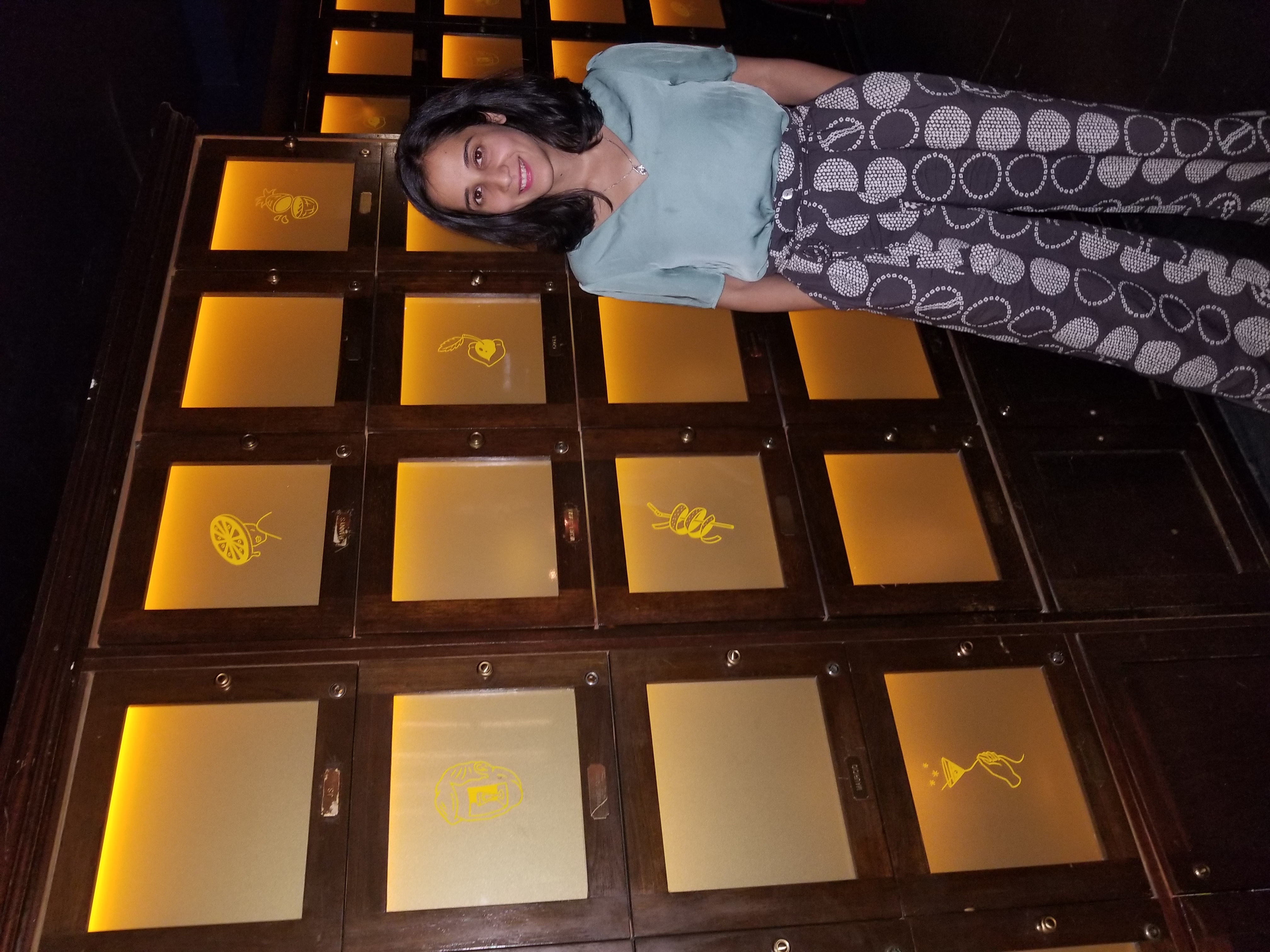
Burn out is real….WHO said so…
World Health Organization published its report in May 2019 identifying burn-out as a disease (occupational phenomena). WHO defines burn out as:
“Burn-out is a syndrome conceptualized as resulting from chronic workplace stress that has not been successfully managed. It is characterized by three dimensions:
1. feelings of energy depletion or exhaustion;
2. increased mental distance from one’s job, or feelings of negativism or cynicism related to one’s job; and
3. reduced professional efficacy.”
Why the burn out…
Most people spend a minimum of 8 hours at work, 5 days a week, with probably 30 min — 120 min in travel. Assuming most people plan ahead on Sunday, let us add 2 hours for that. At the very minimum this is 56–58 hours every week that we dedicate to work.
Out of 126 awake hours over 7 days (assuming 6 hours of sleep) — we spend nearly 47% of our time at the minimum towards work.
The culture we live in today is based on the premise that we exist to work while our physical and mental constitution is not developed to sustain such a lifestyle for a long time without a burn out or without decreased quality of engagement in our closest relationships.
At what stake?
We come from a culture where client deadlines and commitments are considered important. Basically project deadlines and schedules are the new age version of ‘my word is my bond’. Recently, I came across scenarios where folks were willing to move around personal commitments to accommodate work commitments.
With the minimal level of dedication we all already have to work, why is it difficult for us to put our foot down for personal commitments? Well, corporate cultures look for ‘committed’ candidates for promotions and let’s just say ‘good work life balancer’ does NOT scream ‘committed’ to today’s leaders.
So let me ask you this, would you move a critical deliverable for work client? Probably not. You would probably burn the midnight oil but release the deliverable by the due date.
Let us apply the same scenario to our family.
If we were to consider our family as our key client to whom we owe a a planned dinner date at a specific time and day. Is your level of accountability towards your spouse the same as that towards the client? Probably not. You would argue that client and work pays you. Well, your spouse makes your house a home. Your life a family.
If I had a penny for the number of times I have heard people complain that they have no time over the weekdays because their work schedule is crazy hectic.
Well you have time for work, so how come our lives do not allow for time for play? I am sorry to say but it is a vicious cycle created by us, and encouraged by our clients and leaders. Our very myopic view of success lends us to belief that hard work is no longer putting in the 8 hours, but taking that number as high as our body allows.
Can we entertain a different way of living?
What I am arguing against is the basic premise that family is a sphere of our life for which we need to “make” time. If we had senior leaders espousing the idea of accountability, commitment and dedication to family, I do believe people will be more open in making and meeting personal plans.
It is difficult to break out of the glorification of busy, but if leaders have the foresight to identify fake fires and the courage to push deadlines for their teams, we can still get productive work accomplished.
If more people had the courage to ask their personal commitments to be respected, maybe we will be able to celebrate glorification of a very productive and healthy work life balance.
Just as most changes, this also comes top down.
No matter what route leaders take, it is sad and telling that WHO had to identify burn out as a occupational hazard in today’s economy. If by promoting the culture of MORE, we feel we are creating productive working environment, we probably need to have a sit down with WHO.


